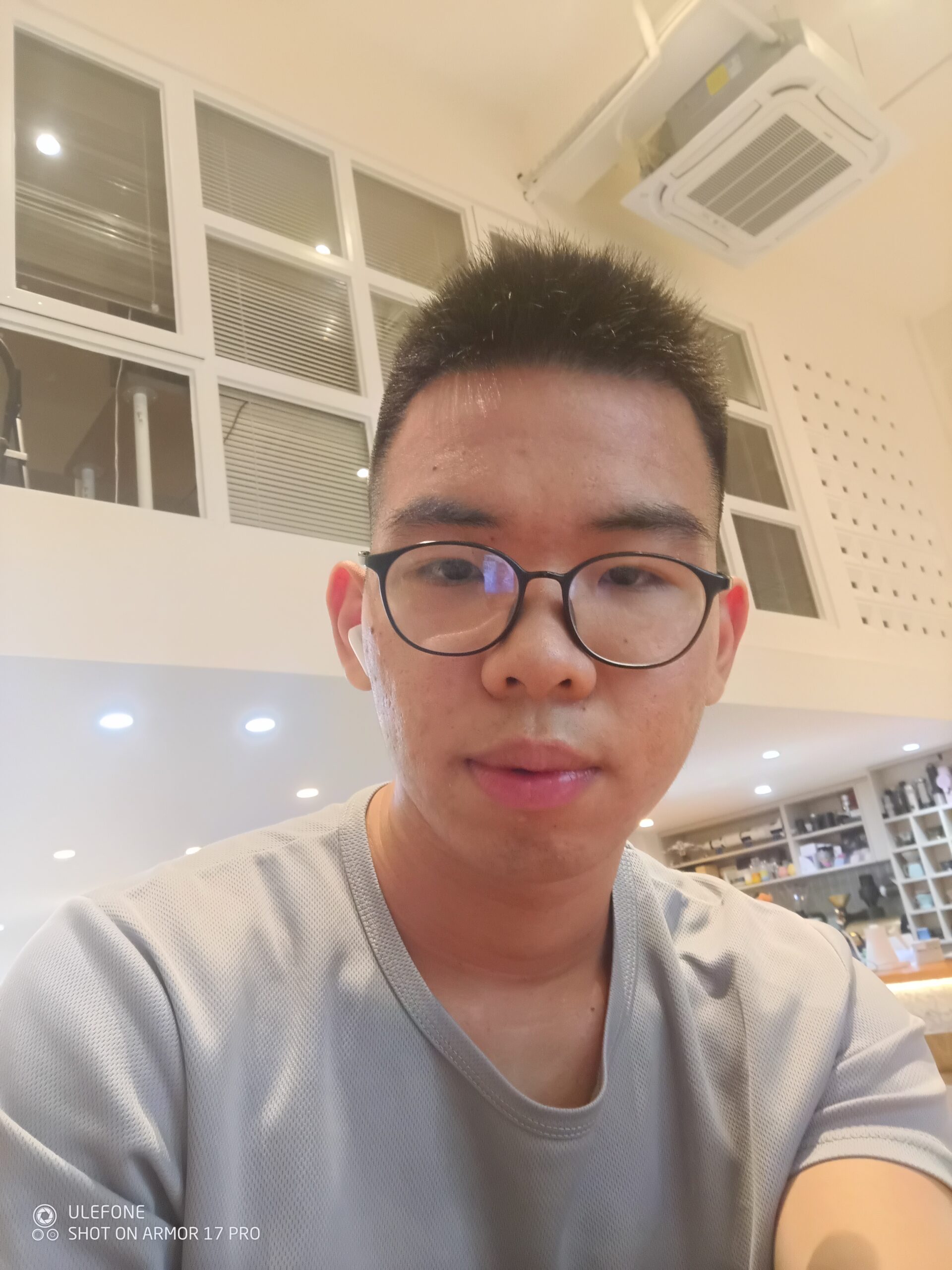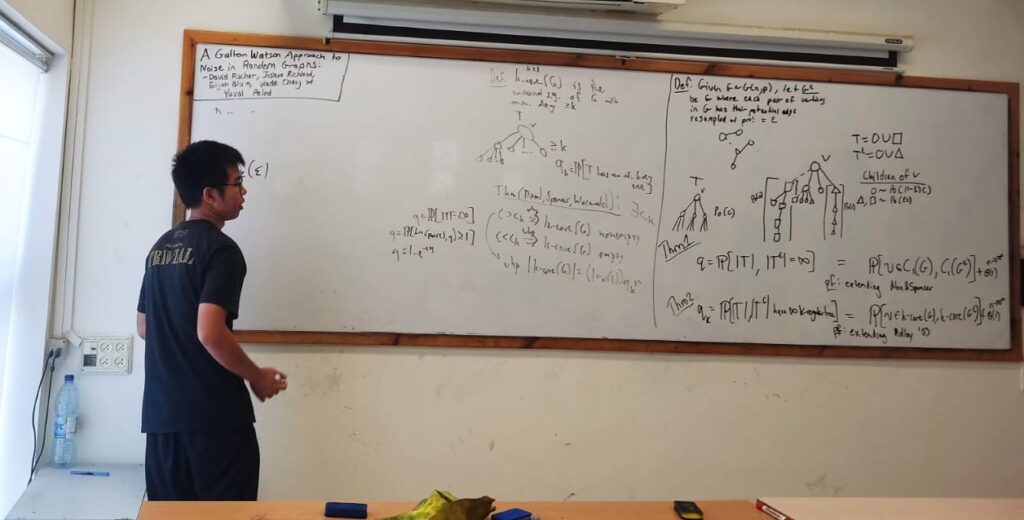
I chose to pursue my undergraduate studies with NUS Mathematics because of its global reputation—consistently ranked among the top 10 worldwide—and its strong faculty known for both research and teaching. Singapore itself is an increasingly attractive destination for higher education, especially for students from China, due to its proximity, safety, and cultural familiarity. I was also drawn by the presence of the Institute for Mathematical Sciences (IMS), where students can freely attend cutting-edge research talks and workshops, providing early exposure to frontier topics.
Motivated by a senior’s recommendation, I enrolled in the Special Programme in Mathematics (SPM). It offers a broader and deeper syllabus, and the small class sizes make discussions with professors more accessible. The application process was straightforward, and I saw it as a chance to challenge myself beyond the standard curriculum.
NUS provided numerous avenues for academic growth. I participated in two UROPs—one on Galois categories with Professor Chin Chee Whye as an independent reading course, and another on Ehrenborg’s conjecture in graph theory with Professor Huang Hao. Both experiences were invaluable in training me to read and write mathematics more effectively. I also undertook a year-long final year project under Professor Tran Chieu Minh, which gave me the freedom to explore a topic of my choice and receive thoughtful guidance in our weekly meetings. During my third and fourth year, I also actively sought external opportunities to broaden my horizons—one of them was the two-month research programme in Israel, recommended to me by Professor Wei Daren. These opportunities have been instrumental in preparing me for a research-oriented path.
Although I did not take a second major or minor, I pursued five language modules in French, German, and Japanese. These turned out to be among the most enriching classes I took. Learning languages has been beneficial in ways I hadn’t anticipated—French, for instance, is still essential in reading many foundational mathematics papers. I’m grateful that NUS makes these opportunities accessible.
To prospective students considering NUS Mathematics, I offer a few pieces of advice. First, take time to think through your questions—struggling with a problem often leads to deeper understanding than simply seeking answers. Second, stay open-minded; topics that seem unrelated to your interests may prove surprisingly useful later. Third, don’t be discouraged if a lecture or concept feels incomprehensible—some ideas take time to mature in your mind. Revisiting them after a break can be refreshing. Finally, connect with seniors; their experiences and insights can provide guidance that isn’t always found online or in official resources.
-
Meet Nguyen Anh Duc – Bachelor of Science, Mathematics (Hons) – Winner of the INFORMS Undergraduate Operations Research Prize 2024 and Lijen Industrial Development Medal 2025July 21, 2025
-
Meet Qin Haichen – Bachelor of Science, Mathematics (Hons) – Winner of the Lim Soo Peng Prize 2025July 07, 2025

